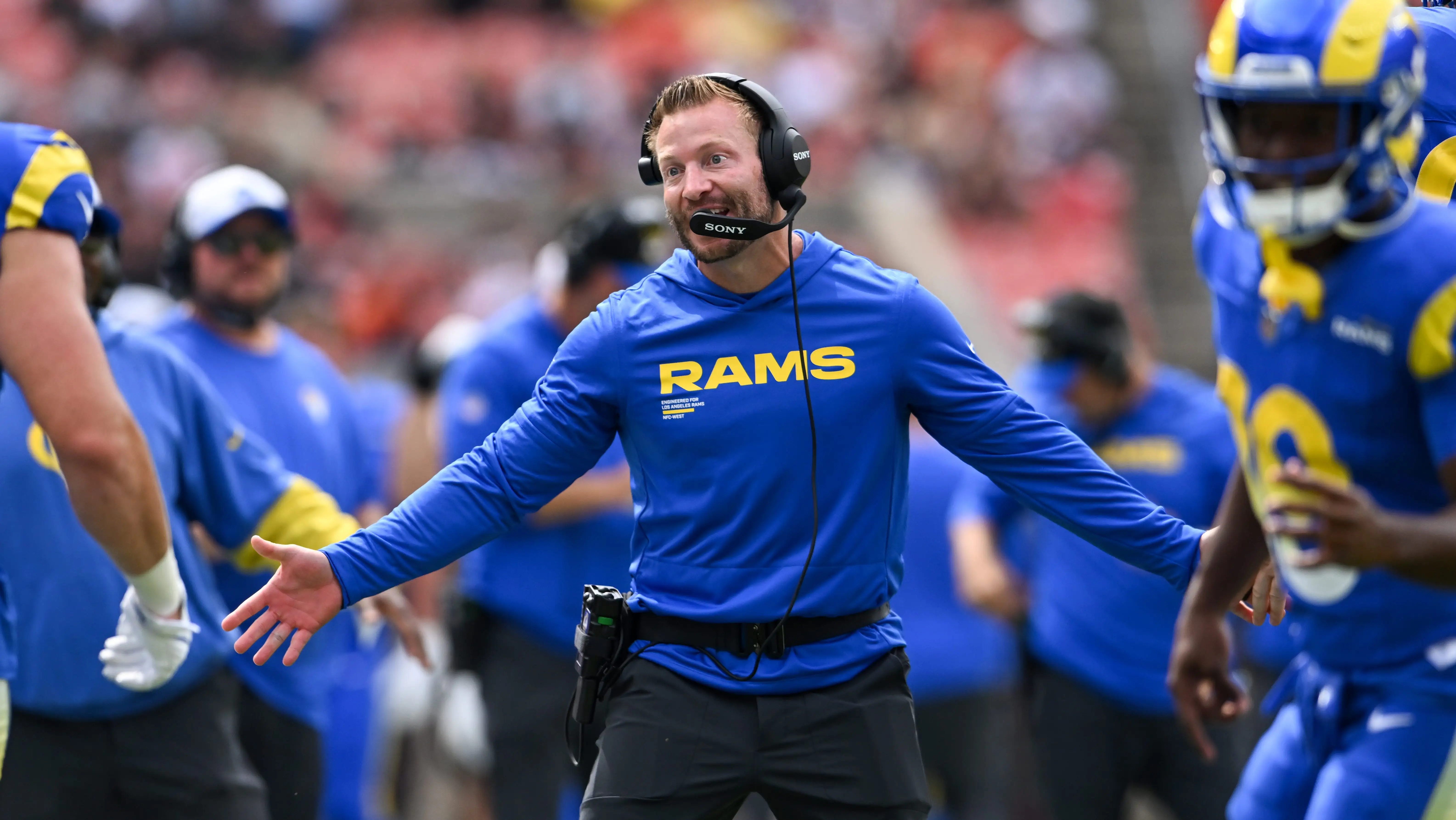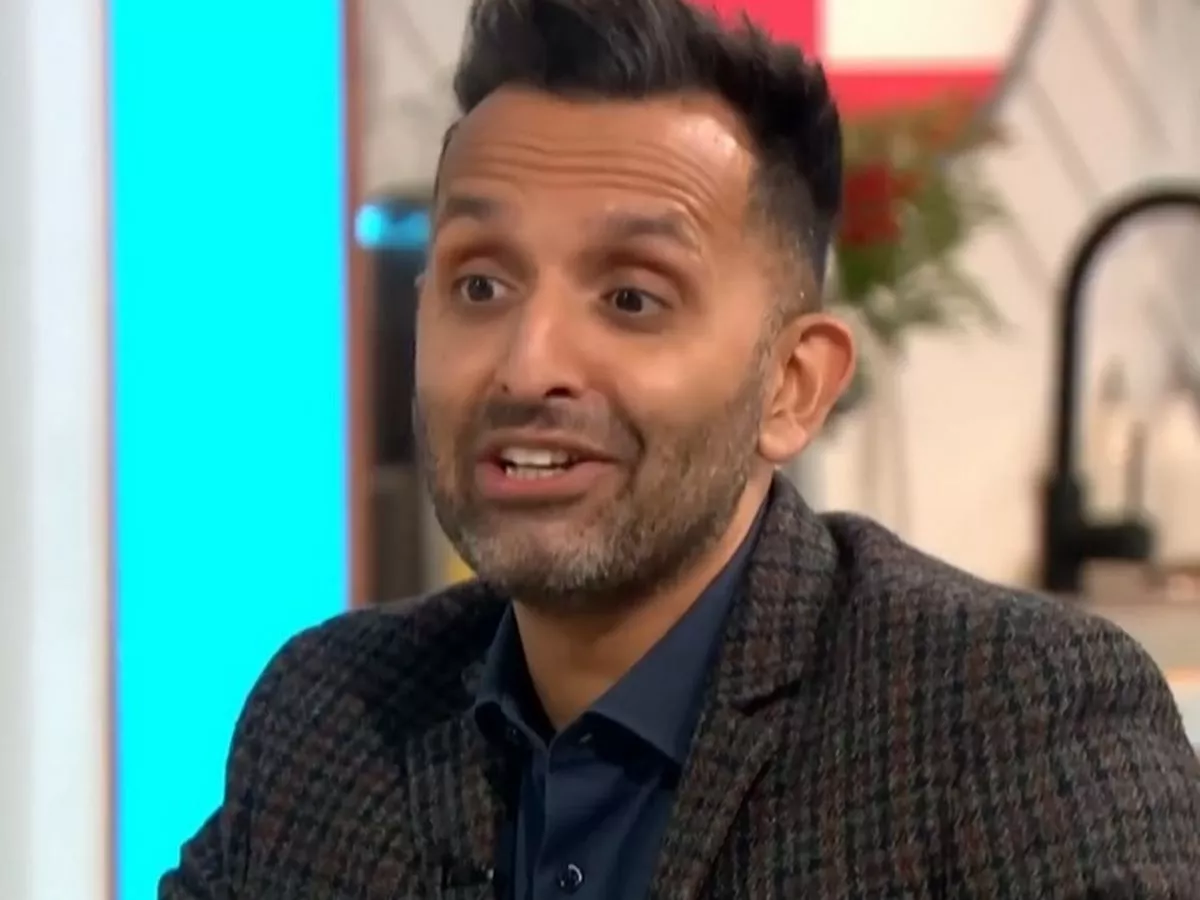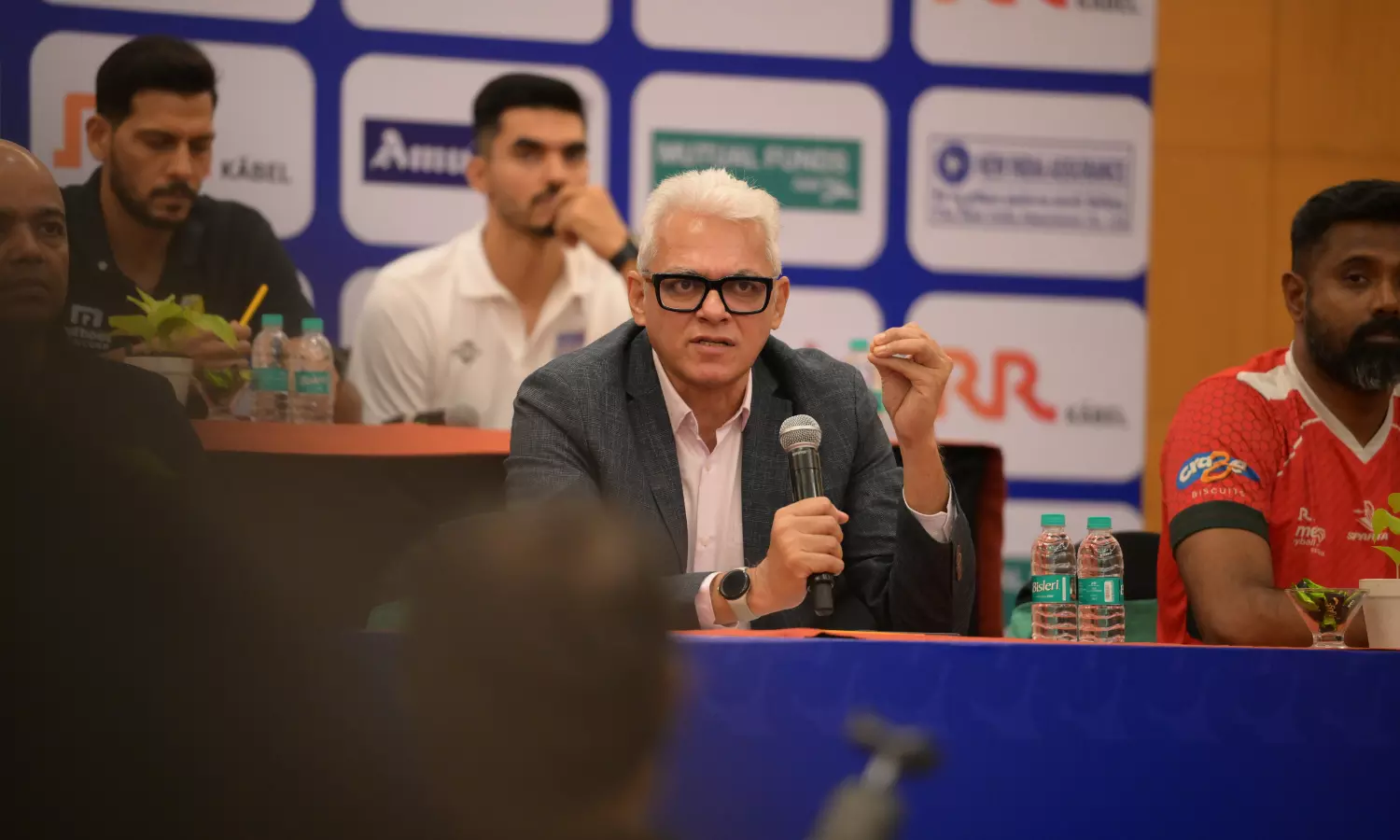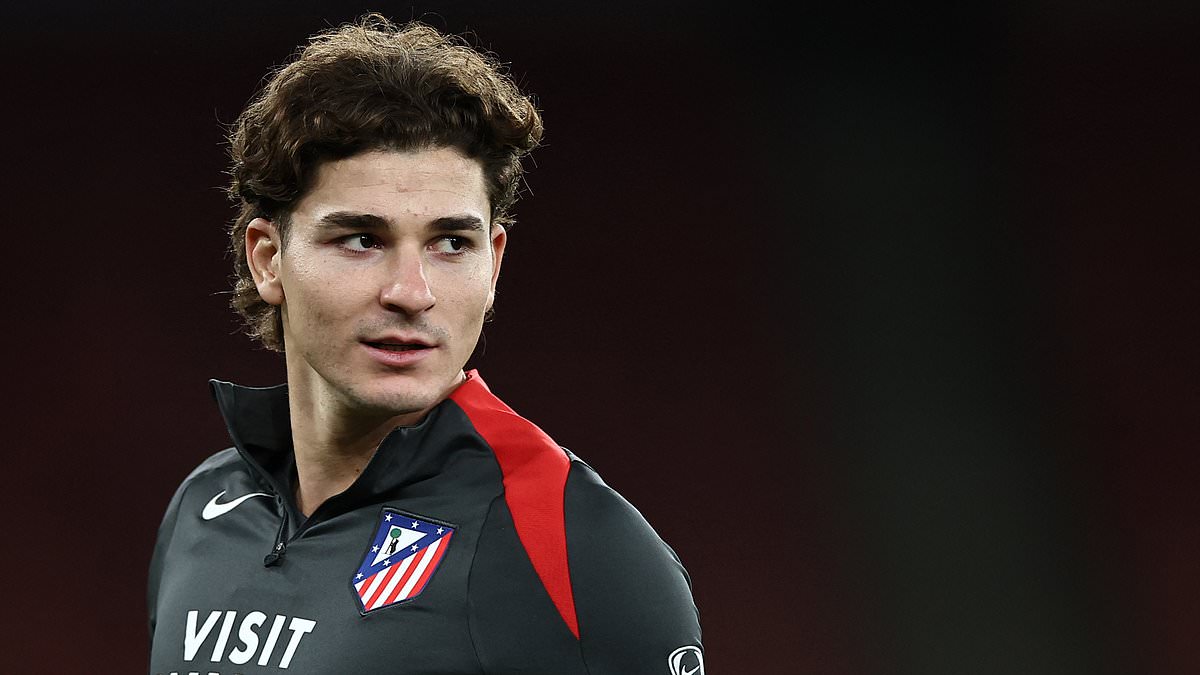Copyright cleveland.com
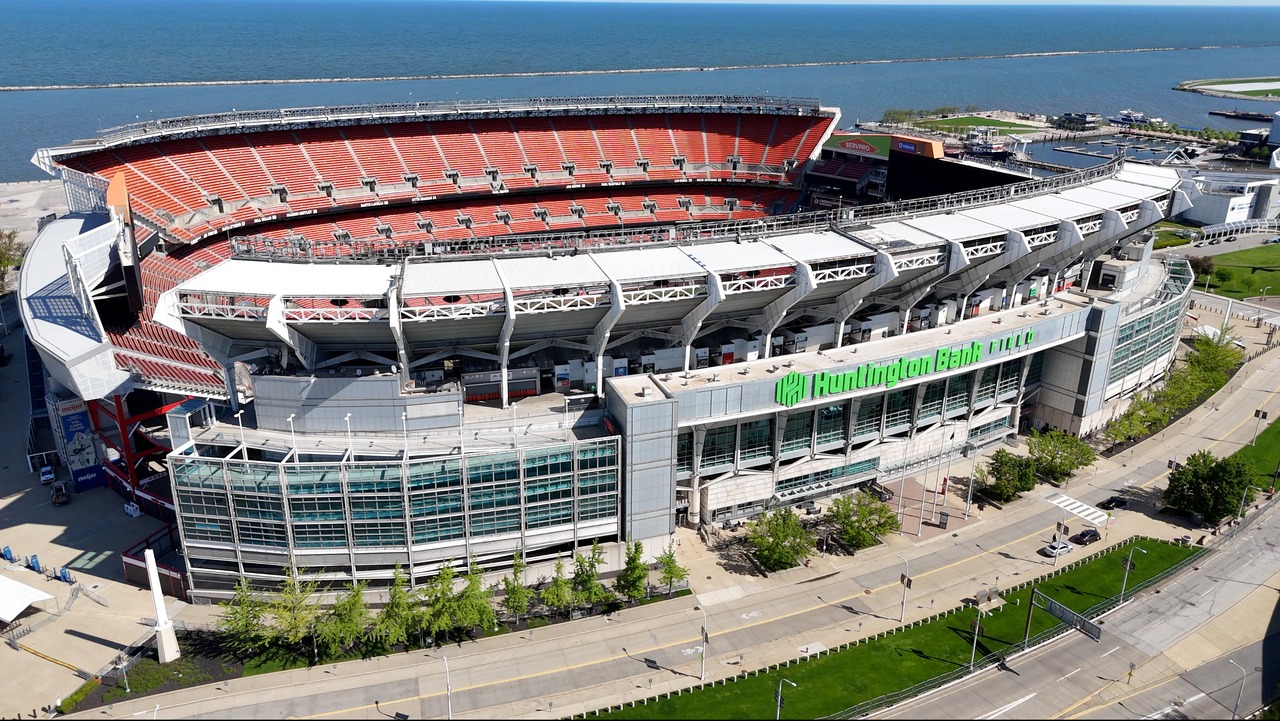
CLEVELAND, Ohio -- Mayor Justin Bibb said there never was a legal path to keep the Browns on the lakefront, even if Cleveland had eventually won its lawsuits. State lawmakers had stacked the deck against the city, so he “fought like hell” to get $100 million out of Browns owners Jimmy and Dee Haslam instead. That was the sentiment the mayor continued to echo as he faced a frustrated Cleveland City Council, who peppered Bibb and his cabinet with questions for more than three hours Monday about a settlement that cleared the way for the Browns to move to a $2.4 billion stadium in Brook Park, surrounded by a $1 billion mixed-use development. “It was not in the cards for us,” Bibb said. “The cards were stacked against us. And now we have to deal with the reality that we currently live in.” The hearing was City Council’s first chance to dig into the details of the deal that Bibb and the Haslams announced at a press conference last week. The $100 million package includes an upfront $25 million payment for lakefront improvements, demolition of the current stadium at the Browns’ expense, $5 million annual payments from 2029 to 2033, also mandated for the lakefront, and a $20 million commitment for community projects that council could direct. In exchange, Cleveland agreed to drop its lawsuits against the team. The mayor also introduced legislation that would allow Council to vote on the terms. Council is eager to look at the deal closely but wants a full settlement in writing before it says yes or no. Though the law director has authority over dropping lawsuits, council’s power over spending and real estate means it must approve key parts of the deal. But Bibb and his team spent Monday’s meeting walking Council through a sobering four-year saga: The Browns had plans to stay on the lakefront, until they abandoned that idea for a covered stadium in Brook Park. Bibb offered them the Burke Lakefront Airport site, but the Haslams rejected that idea, too. Meanwhile, the mayor’s leverage kept slipping away in Columbus. State lawmakers earmarked $600 million for the Brook Park project. Cleveland sued the Browns to enforce the Modell law -- originally designed to stop professional sports teams from leaving their home cities without giving the public a chance to buy them first. But the legislature quickly rewrote the law to apply only to teams leaving Ohio, not their hometowns. Then, when ODOT initially agreed with the city that the proposed stadium height was unsafe for airplanes at nearby Cleveland Hopkins International Airport, the Browns got that decision overturned. Law Director Mark Griffin told Council that dragging out the lawsuits would only weaken Cleveland’s hand. The city argued the Browns broke their lease by negotiating a new stadium; but winning that legal fight would just delay the team’s move. And even if Cleveland enforced the Modell Law, it would only force the Haslam family to offer the team for sale. It would not force them to actually sell the team or stay on the lakefront, Bibb explained. Ultimately, the mayor said; he made what he thought was a “pragmatic” deal. The options were either taking the $100 million deal or gambling on years of court battles that could leave the city with nothing, he said. Quoting Buzz Lightyear from the animated movie Toy Story, Griffin said there was no scenario where the team was bound to stay in Cleveland “to infinity and beyond.” Your feedback matters Did Mayor Justin Bibb make a good deal with the Browns? Council members, while varying in opinions, were still left with unanswered questions that they plan to dig into as the legislation is debated at committee meetings. For starters, will the Browns’ departure from downtown help or hurt Cleveland? On one hand, keeping the team would have meant saddling the city with maintaining the stadium, property taxes, insurance and paying police officers to secure the area on game days. On the other hand, Bibb’s administration put out a study saying Browns stadium provided enough economic impact to justify that cost to taxpayers. “I want to know if we’re going to come out of this net positive, or net negative,” Council President Blaine Griffin said. Other council representatives, like Mike Polensek, believe Cleveland could have gotten more money with the leverage it had. Polensek said Jimmy Haslam called him over the weekend and said the Haslams didn’t have to give the city anything. But Polensek believes Bibb could have gotten more and “took a knee” on the goal line. Polensek and others brought up that Cleveland has spent much more than $100 million on keeping the Browns in Cleveland — council’s estimate is closer to $700 million. But Bibb’s team said the negotiation was not about getting all that money back. It was about getting as much as they could. Others like Councilman Charles Slife questioned whether $50 million of the $100 million settlement should go to the lakefront. Cleveland has many pressing issues, whether that’s combatting reckless driving or cleaning lead from homes to protect children from poisoning. “I worry that the lakefront becomes a distraction when there’s a lot of work to do alongside the lakefront,” Slife said. Bibb called the lakefront development a strategic bet that’s crucial for Cleveland’s success. Some on council were upset that “billionaires” like the Haslams were continuing to win large subsidies from the taxpayers. While others are still not convinced that the Brook Park stadium will spur an entertainment district or be good for the region. “I still believe in 20 years, people will be scratching their heads and wondering why we let this happen,” Councilman Kris Harsh said. Councilman Anthony Hairston was one of the few to say he is “optimistic.” He said he hopes Cleveland can still get a “little bit” more from the Haslams. But he acknowledged that Cleveland is starting a new chapter – one that envisions the lakefront without Browns stadium. Bibb reiterated, as he took questions, that he, just like council, is not happy that the Browns are leaving. “It’s a hard day. I’m pissed. I’m sad,” Bibb said. ... “But unfortunately, we were dealt a bad hand. And now we have to pick ourselves up and fight for a new chapter.”
